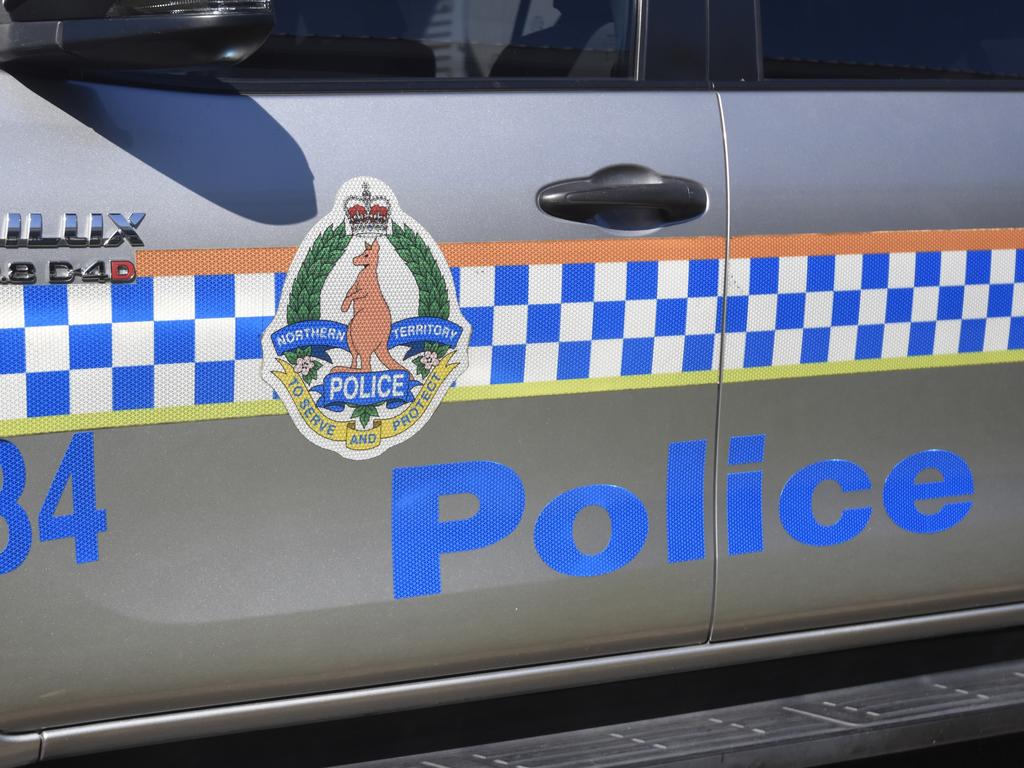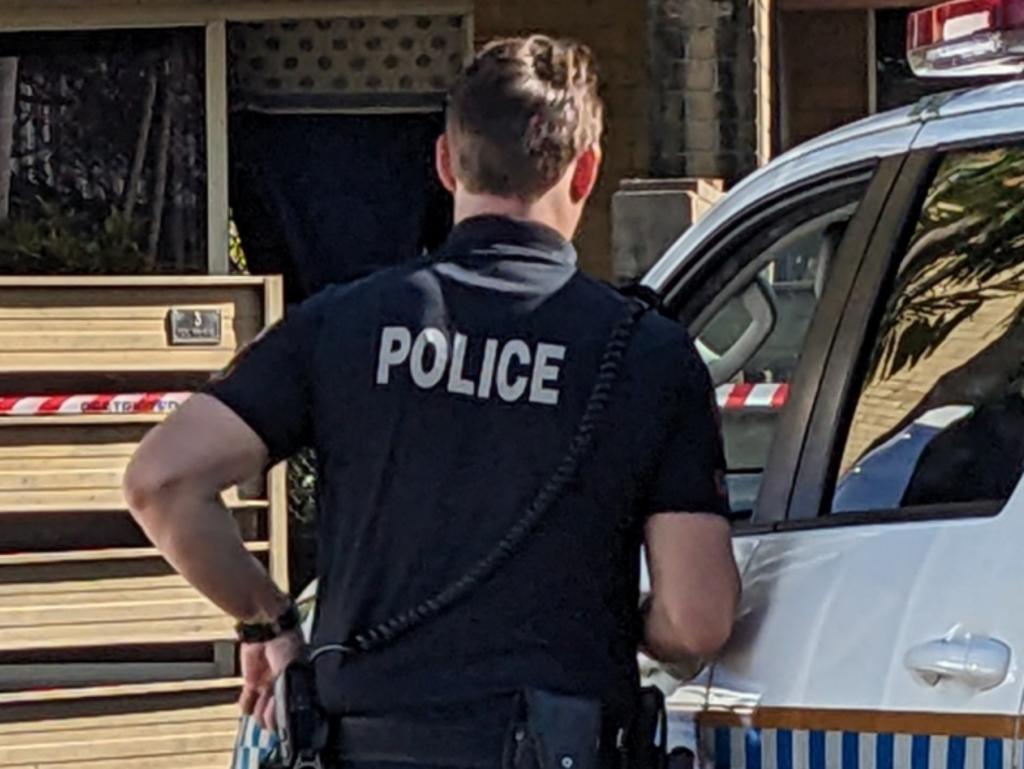100 DV cases ignored by NT cops in two days
Northern Territory Police failed to respond to more than 100 domestic violence cases called in over a two-day period earlier this week.
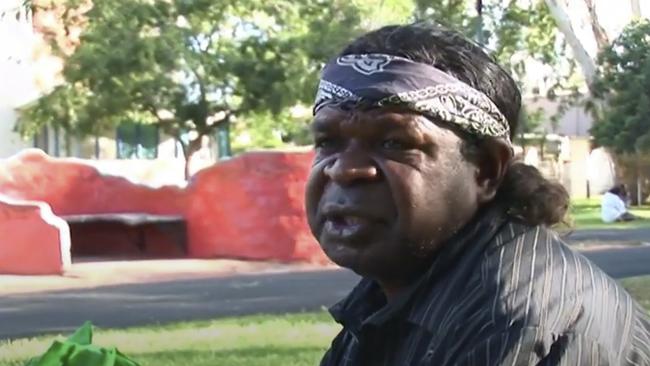
Northern Territory Police failed to respond to more than 100 domestic violence cases called in over a two-day period earlier this week, as leading domestic violence advocates questioned why police failed to conduct a welfare check on an Aboriginal woman later allegedly killed by her partner.
Of about 180 outstanding jobs police had in the 48-hour period, 60 per cent were domestic-violence related, with some of the requests up to two days old. Senior police said on Friday that on any given night the force could receive between 60 to 100 such calls.
The revelations paint a bleak picture of the limited resources and competing priorities front-line police face each day and comes after police were “too busy” to conduct a welfare check on an Aboriginal woman in Darwin nine hours before she was found allegedly murdered by her partner, Desmond Frankie Booth.
The Australian revealed earlier this week that police did not perform the welfare check, which was requested by Territory Families at 3pm the day before her death, because of higher priority incidents.
Booth had been banned from contacting the 43-year-old mother for two decades.
The incident has shone a spotlight on the handling of referrals made by Territory Families to police, with some taking 24-48 hours to be acted upon, and others being completely ignored.
Ana Aitcheson, operations manager at Darwin domestic violence shelter Dawn House, said when police are requested to conduct a welfare check, matters are at a “very serious end of the scale”.
“ … it’s not something that we do lightly,” Ms Aitcheson said.
“We try as many other ways to ensure that someone is safe and well before we contact police, so when we do contact police, it is that very serious end of the scale.
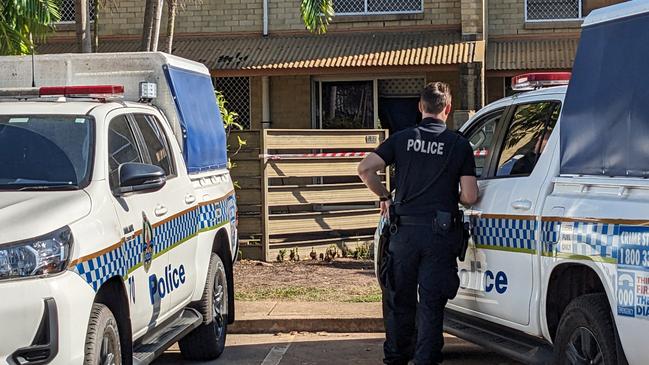
“It is something that we’ve explored, and we’ve done everything we can in our power and we now need police intervention.
“A really key part of that is when we call police to do welfare checks we know that a person who uses violence is present, or there is a domestic violence order in place, or we know that this person is known to use weapons or drugs.
“We need the police to take us, in our professional judgment, seriously because it’s just not something that we treat lightly.”
Ms Aitcheson called for a “co-ordinated central DV response” so more information could be shared between key providers and police.
“We call for welfare checks or support from police, and we don’t always get comms back if it’s happened or not … so we’re kind of left in limbo, so a really simple solution would be a central DV response so we can discuss and share information freely,” she said.
“It keeps our staff up at night. If we’re calling the police and we’re worried about someone known to us and we haven’t had response from the police, our staff are up at night worrying about them, that’s the reality of it.”
In 2008, Booth pushed back in a recorded interview against a call by government MPs and local councillors in Alice Springs for more police. “We don’t need more police – we need to trust each other,” he told the World Socialist Web Site.
Booth, who previously worked as an artist and musician, told a documentary published in the same year that he should be allowed to drink in public places because “the public place is really my home”.
Assistant Police Commissioner Michael White said on Friday that police could receive between 60 to 100 DV-related calls every night.
“The recent coronial inquests have highlighted the ongoing challenges we face in managing these high workloads while maintaining the highest standards of care and responsiveness,” Mr White said.
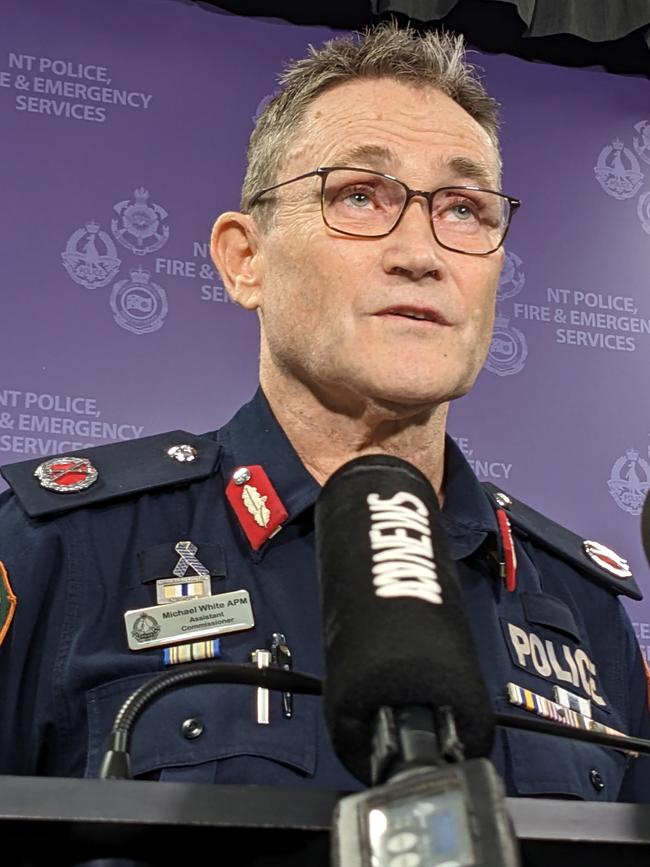
“Despite the immense challenges, our police officers continue to come to work every day, driven by a deep commitment to protect those at risk. They tirelessly respond to calls, often in the most difficult circumstances, ensuring that those affected by domestic violence receive the help they need.
“Domestic violence is a deeply entrenched issue that cannot be solved overnight, nor can it be tackled by law enforcement alone. It requires a co-ordinated effort from all sectors of society to address the underlying causes and provide the necessary support to victims. We remain committed to protecting those at risk, and we will continue to work closely with our partners in government and community services to break the cycle of violence.”


